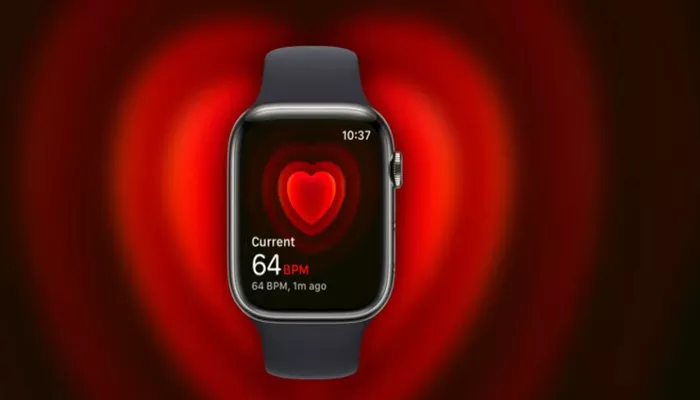The American College of Cardiology (ACC) has released a new guidance tool aimed at helping clinicians and patients effectively use health data from Apple Watches to monitor and manage cardiovascular health.
“With more people turning to Apple Watch to proactively manage their health, it’s vital that both clinicians and patients understand how to collect and share that data in a meaningful way,” said Dr. Ami Bhatt, MD, FACC, and Chief Innovation Officer at the ACC.
The ACC’s guidance supports the integration of wearable technology into clinical practice by offering best practices for using Apple Watch’s regulated heart health features. These include tools cleared by the U.S. Food and Drug Administration (FDA) for adults aged 22 and older, such as the electrocardiogram (ECG) function, which records heartbeat and rhythm; the Irregular Rhythm Notification (IRN), which can detect signs of atrial fibrillation (AFib); and the AFib History feature, designed to estimate the frequency of AFib episodes in diagnosed individuals through weekly summaries.
Beyond its regulated capabilities, Apple Watch also offers a suite of wellness features—such as activity tracking, mindfulness tools, sleep monitoring, and estimates of cardiorespiratory fitness (VO2 Max)—to support a heart-healthy lifestyle.
Cardiovascular disease remains the leading cause of death globally for both men and women. Yet, in many cases, it is preventable. For individuals with existing heart conditions, proper management and collaboration with healthcare professionals—including the use of digital tools—can enable a healthy and active life.
The ACC’s Leveraging Apple Watch for Cardiovascular Care tool provides clinicians with a structured approach to incorporating wearable data into patient care plans. It outlines strategies for data collection, response protocols, and patient education on proper device usage. Importantly, the tool also highlights limitations, emphasizing that Apple Watch should not replace clinically indicated rhythm monitoring in cases requiring immediate medical alerts.
“Apple Watch is best suited for general health and wellness, early monitoring, or for patients with a known arrhythmia under appropriate clinical management,” the guidance states. “For scenarios requiring real-time data transmission and urgent response, continuous ECG monitors remain the preferred option.”
The ACC also cautions that Apple Watch is not capable of detecting heart attacks, and patients should be informed about the device’s specific functionalities and limitations.
With this new guidance, the ACC continues to advocate for patient-centered innovation, encouraging responsible and informed use of wearable technologies in the evolving landscape of cardiovascular care.


